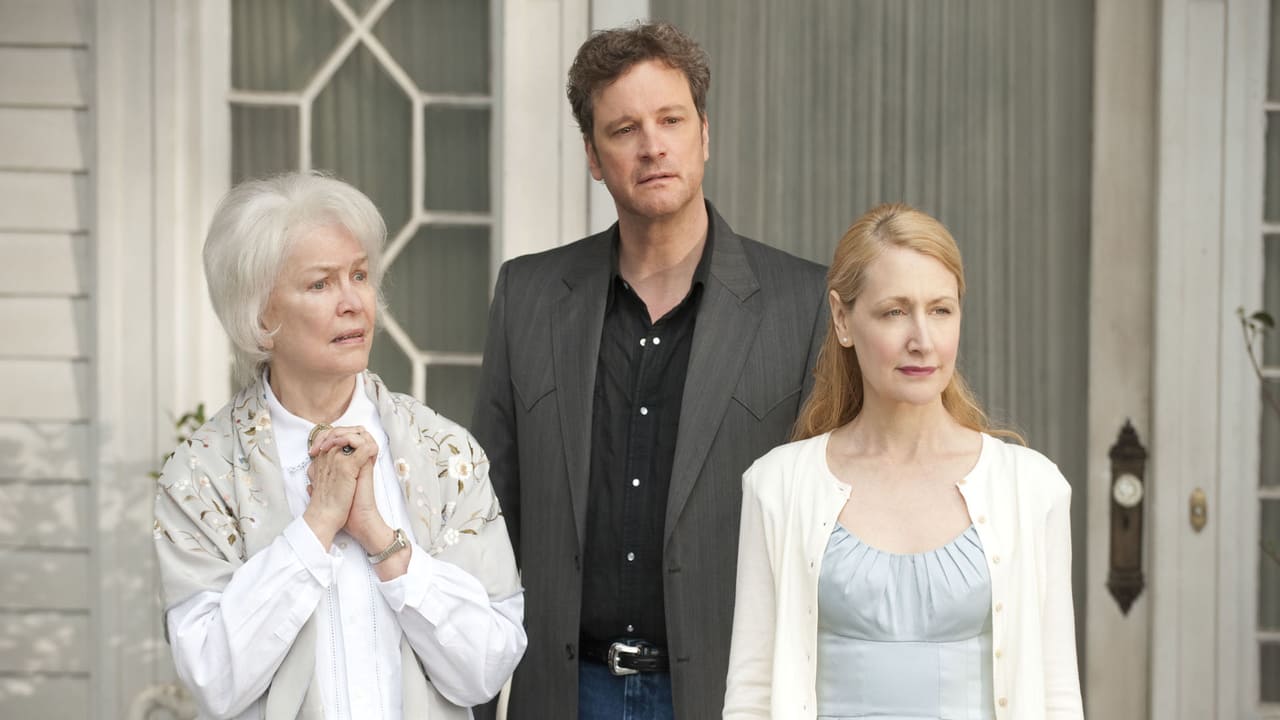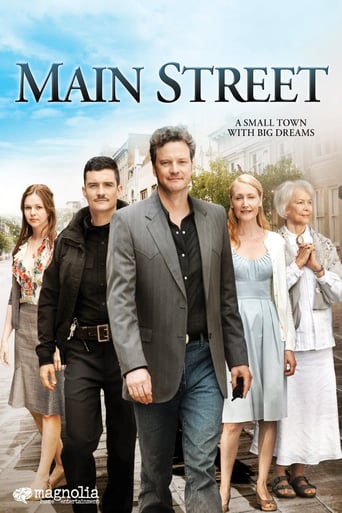JP-106
As previous reviewers have synopsized the plot, I will not do that. The number of negative reviews is surprising, especially since most of those have no clue what this movie is about. And, their lack of insight is what leads them to think it is simple and uninteresting. Nothing could be further from the truth for movie-goers who are more interested in humanity than in over-wrought drama (e.g., serial killers, absurd disasters, cartoonish fantasies, etc., etc. -- save me from "Hollywood")that offer no real insight into our humanity.Here is what this movie is about: the "hazardous waste" is pure metaphor for our fears: our fears of the future, of technology, of the unknown. The question this movie poses so clearly and powerfully is: how should we confront the fear of the future, which is inevitably one of confronting the nature of what our humanity involves: technology and change? And, it does have an answer, with which I could not agree more -- and with which I would hope anyone watching this movie would also, easily or not, come to agree.Just as "To Kill a Mockingbird" was about our fears of others who are unknown to us and with whom we have no real experience, this movie asks us how we react to the unknown: Do we flee, or do we stand and make something out of whatever it is we have? The heroes in this movie do the latter and show those who would do otherwise the way forward ... which is what the best in our humanity always does, after all.Orlando Bloom's character's mother (Mrs. Parker) and his erstwhile girlfriend's mother (Miriam) are afraid of the future and want to withdraw, hunker down. They have no will for their children to overcome. Orlando Bloom's character deals with the uncertain future by working hard to make something good of it. His girlfriend's character wants to run away.Ellen Burstyn's character is caught in the middle of a dilemma: trust the unknown that offers progress and salvation, or give in to something safely predictable by selling out. In the end, she let's go of what is truly in the past (her home) and embraces what it is that offers hope for the future (the warehouse).When our cities, our lives, our civilizations appear to be crumbling, what works: retreating from the challenge? Or, embracing new, uncertain, potentially scary things (metaphorically -- yes, metaphorically -- represented by nuclear waste)? This movie deals powerfully with those who would point to every "problem" on the way to the future (e.g., Fukushima) as a reason to retreat rather than as a lesson to learn, a problem to overcome. It basically says: accidents will happen: some good, some bad; get over it by learning from them and moving on. Imagine humanity retreating in the face of all the disasters it has encountered on the way to its current future? We would be still chipping flint with a lifespan of less than 30 difficult years.Yes, this movie makes plain that Luddites are much to be feared, as are those who believe that "corporations" are bad and industry is almost certainly hiding are all sorts of horrible things. Instead, this movie says that we humans are, on balance, good. If we do not give in to our fears we can overcome those among us who would give in. By moving ahead (not by retreating or running away) we can overcome the challenges we create for ourselves because our very nature is to overcome. We are tool makers. We are proactive. We want good things for our children. Those who are destructive among us are a minority and will be overcome. But, do not fear what we are. Do not fear technology. Do not fear the way we organize our abilities to trade our best efforts with each other (i.e., industry, corporations, technology, progress).Typical "Hollywood types" will not like this film because it counters every one of their most cherished beliefs: that Western Civilization, in its current most fully-realized form, is almost certainly bad for the humanity in us. Instead, it shows that our humanity is most realized when we trust ourselves to use our knowledge to give us what it will. After all, we (and I mean all 7 billion of us) would not be living longer, more satisfying, more comfortable lives than our predecessors in the 18th or 19th centuries had we not done so before now.Beyond the point of the movie, the plot is one that could not be more satisfying in its simplicity or more poignant. These are real people leading real lives that many among us have led. No serial killers, no absurd global calamities, no over-dramatic nonsense. Just real people facing difficult human emotions and choices and helping each other through them. I can see why these fine actors decided to work in this film. Each of the actors delivers powerful performances: Ellen Burtsyn has never been better. My heart ached as she dithered about what to do with her life, both past, present, and future. Colin Firth was perfect in presenting the face of the future: shining with promise, but making us wonder nonetheless. Can we trust him? Until we realize the real question is: can we trust ourselves? Orlando Bloom shows us why it is so hard for those who believe in themselves and believe in the future to soldier on, despite so many disbelievers around, especially among loved-ones.I could go, but the cast was magnificent and did the screenplay such justice. Horton Foote, despite his age, was at the height of his story-telling prowess. If you like real people; if you like movies that are real about humanity, then you will like "Main Street."
gregking4
Durham is a small rural town in North Carolina that is slowly dying. Its once prosperous main street in now but a mere shadow of itself, and businesses are closing down. Symbolic of the town's faded glory is Georgina Carr (Ellen Burstyn), who lives alone in the family house. Her family fortune was founded on the tobacco industry during the 20th century, but now she has fallen on hard times. The family home is now far too big for her, and she is struggling to maintain payments. Salvation seemingly comes in the form of Gus Leroy (Colin Firth), the smooth talking representative of a Texas firm that specialises in handling and storing hazardous waste materials. Gus manages to gain a lease on Carr's vacant warehouse by promising that his business will help turn the town's fortunes around. We also meet a number of the town's other residents who are affected by the downturn in prosperity and are eager to leave to find employment and excitement elsewhere. Harris Parker (Orlando Bloom) is a local policeman who is studying law at night school in a futile effort to please Mary (Amber Tamblyn), his high school sweetheart. But she has made the mistake of falling for the smooth charms of her boss (Andrew McCarthy) at the law firm where she works. And Georgina's headstrong niece Willa (Patricia Clarkson) helps her aunt in the negotiations with Gus regarding breaking the firm's contract. Willa herself left town, but has returned following her divorce. Leroy finds himself slowly involved in the town's daily business, which eventually pricks his own conscience about the nature of his company's business. Main Street is the final script written by Pulitzer Prize and Oscar winning playwright, the late Horton Foote (To Kill A Mockingbird, Tender Mercies, etc), and it offers a eulogy to small town America, which is slowly dying in the severe economic downturn. While it nicely captures the rhythm of small town life, it is also part of the film's major failing, in that we never really get to identify with the characters or sympathise with them. There is some evocative cinematography from Australian Donald McAlpine. This is the first feature film from John Doyle, who is better known for his theatre work on Broadway. His direction is measured, but he seems unable to effectively draw the various subplots together. He draws some nice performances from his solid cast, in particular, Burstyn who is effective as the wilting Southern belle, and Clarkson is also very good as Willa. However Firth seems miscast and struggles to acquire a convincing Texan accent.
emailstuart
I waited and waited for the plot to develop - to no avail. There seemed to be no point to this film; no in depth character development and more disappointedly, no story. Colin Firth, undoubtedly a superb actor where quintessential English characterisation is required, is appalling when cast as an American. His accent is shocking and comparable only to Dick Van Dyke's cockney accent in Mary Poppins!The world has some brilliant English actors, and some brilliant American actors. Why does the industry insist on using UK actors to depict US characters and vice versa? An absolute waste of time.

